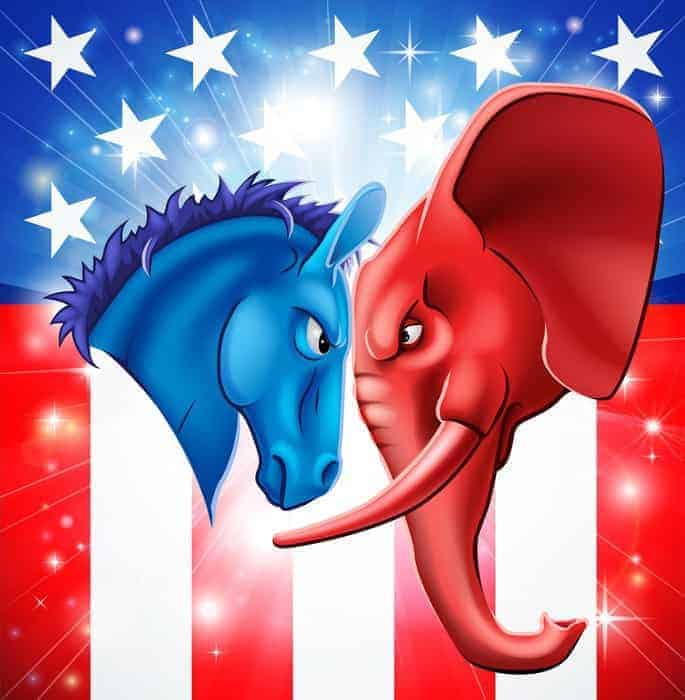Florida has long been a politically important area, with its large, diverse population making it one of the South’s major swing states. However, Florida is now becoming a fundraising mecca as well, drawing local politicians like Jeb Bush and Marco Rubio, as well as nationally recognized names like Scott Walker, Chris Christie and others. But experts say that unlike New York, California, Massachusetts and other prominent financial hunting grounds, Florida is an uncertain terrain. Due to its ever-growing minority population and business-minded culture, Florida remains anyone’s game — a fact that appeals to both candidates and voters.
Many experts trace this change to an evolution of fundraising itself: while it used to be socially appropriate to write a check for $2,500, more and more people are apparently now eager to give, with donors like the Koch brothers giving as much as $1 million at a time to their favorite candidates. This not only helps boost political budgets, but also makes the process quicker. Now, a campaign can make the same amount of money in one call as they use to make in 40 or even 400 calls.
However, Florida’s culture itself has also helped facilitate this new fundraising environment, as the state and its nonexistent income tax have long been a famous draw for wealthy retirees from around the country. Perhaps it is unsurprising, then, that Florida was ranked the second largest source of money for Republicans in the 2012 presidential election, generating $31 million for the races.
However, true to its reputation, the state and its donations are far from pure red state, a fact that is likely due to its constant evolution. As areas like Boca Raton and Jacksonville draw a number of entrepreneurs and minority populations continue to rise, liberal and libertarian candidates still have a chance. And lobbyists have taken note, with prominent Democrats ranging from Bill Clinton to President Obama making profitable stops in the area, particularly Miami-Dade County, which is known for its ability to attract former New York City residents and other liberal-minded donors.
Currently, fundraising experts predict that the state’s involvement in the 2016 presidential campaign will be shaped less by the real estate moguls and more by modern entrepreneurs. This new type of donor could include investment bankers and even cafe owners; after all, an estimated 14 billion espresso coffees are consumed around the world every year, making coffee shops one of the best business decisions and best food franchise opportunities.
It is Florida’s Hispanic communities that are considered the true hidden resource, however. Latin American capitals like Miami are considered vital stops for many politicians, especially Republicans. For this reason, local candidates like Marco Rubio and Jeb Bush are expected to take the lead in the area over competitors like Scott Walker and others. Rubio and Bush are not only accustomed to the area’s culture, but both are fluent in Spanish and live in the nation’s largest Spanish-speaking county. Already, this seems to be showing results; a Cuban health executive, Mike Fernandez, recently held a fundraiser for Bush that generated $5 million. With homegrown and appealing candidates in prime positions for the 2016 race, Floridan voters could become a huge financial and political influence in the election.
But others suggest that this temperate climate could soon cool. Experts point out that there is a season for everything, and that includes fundraising. As the humidity increases and the threat of hurricane season looms, many politicians will likely be reluctant to visit the state. After September passes, however, and election season reaches its height, Florida’s vote will be up for grabs.


